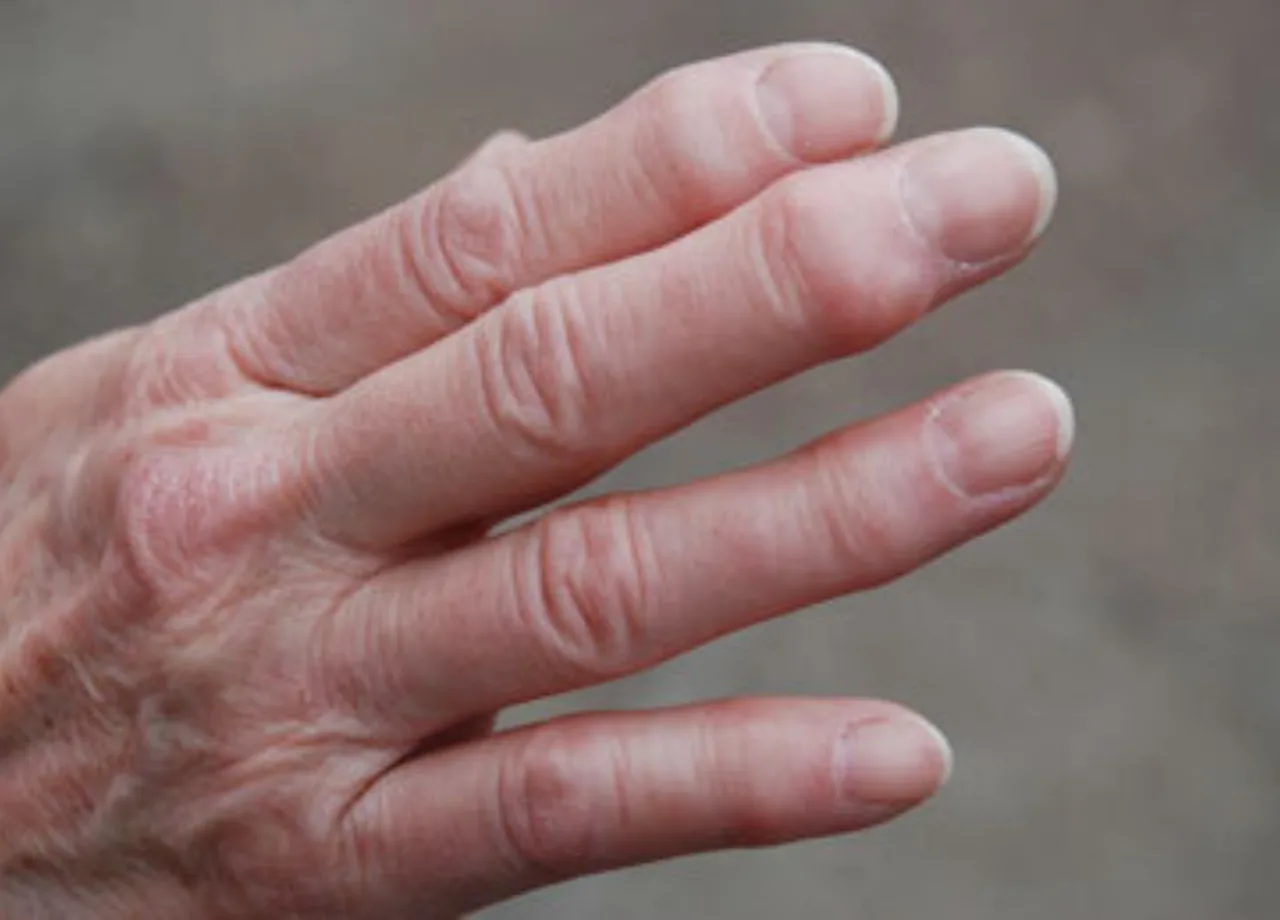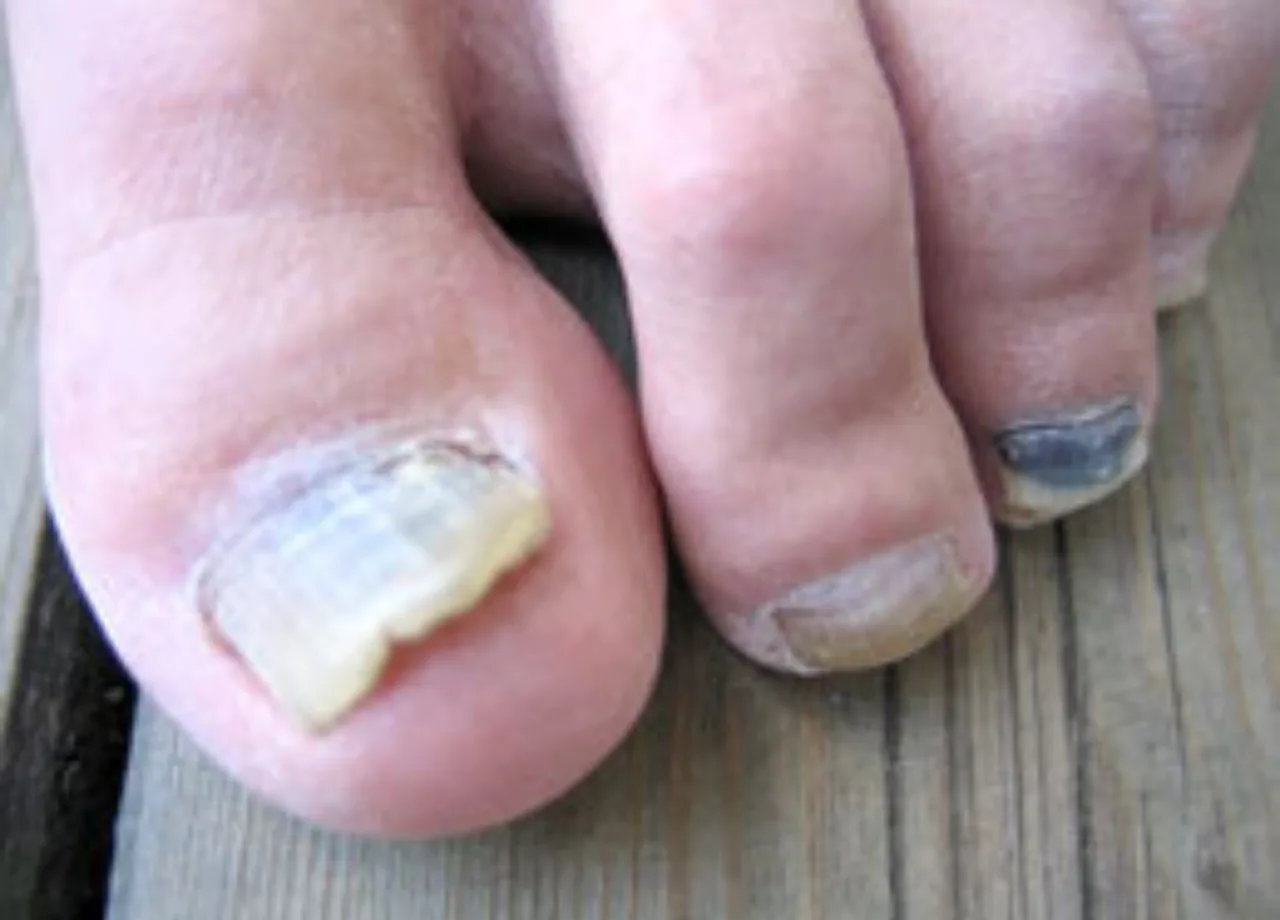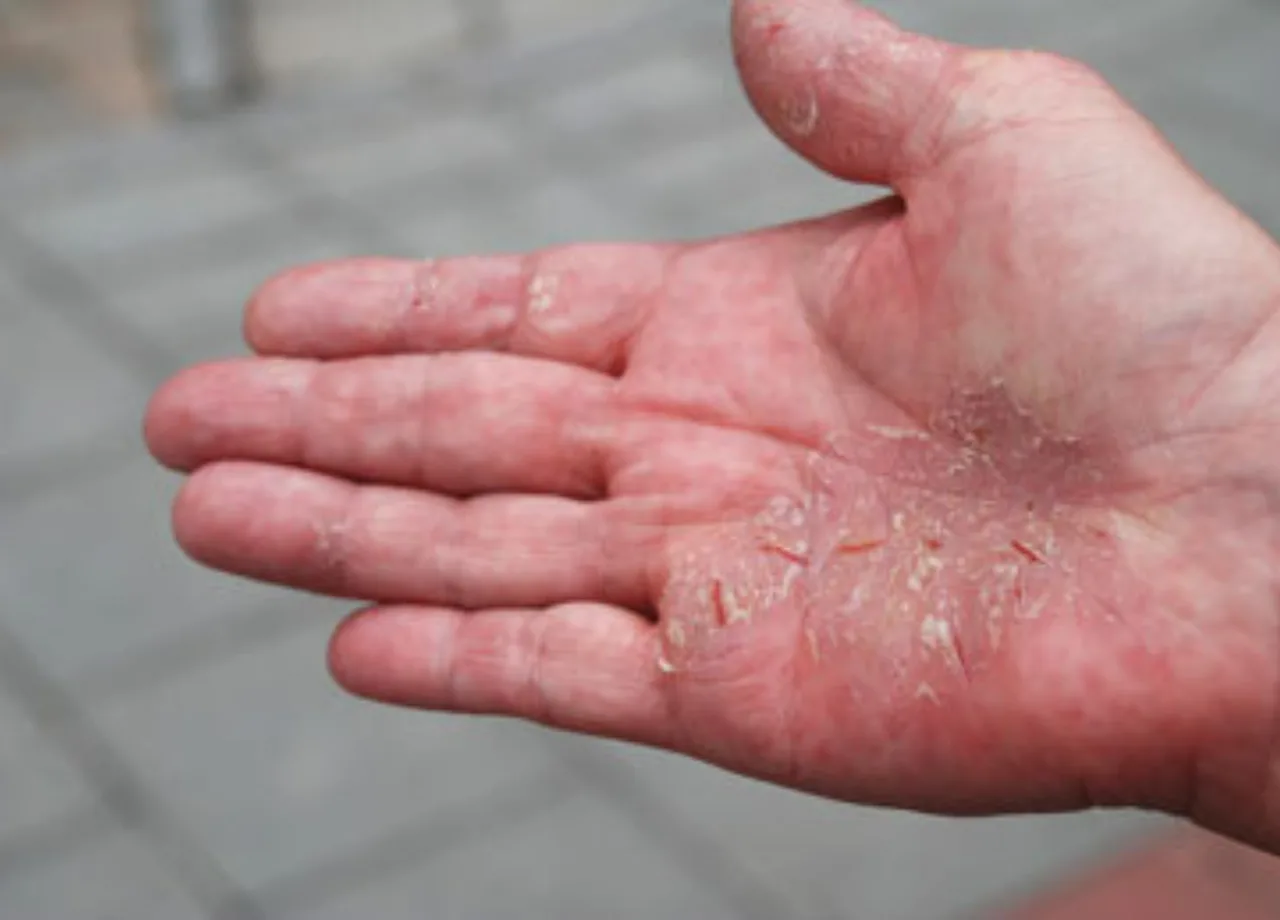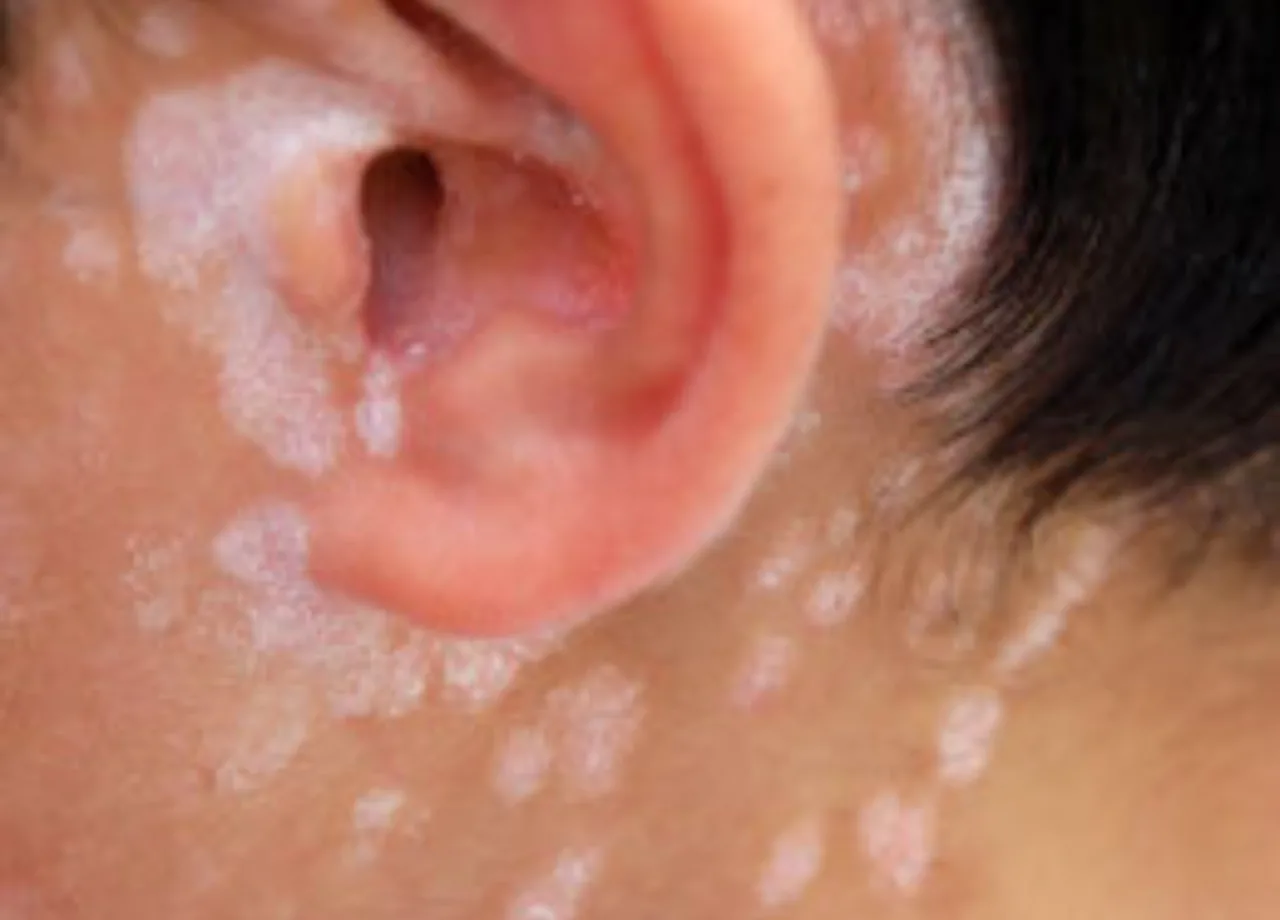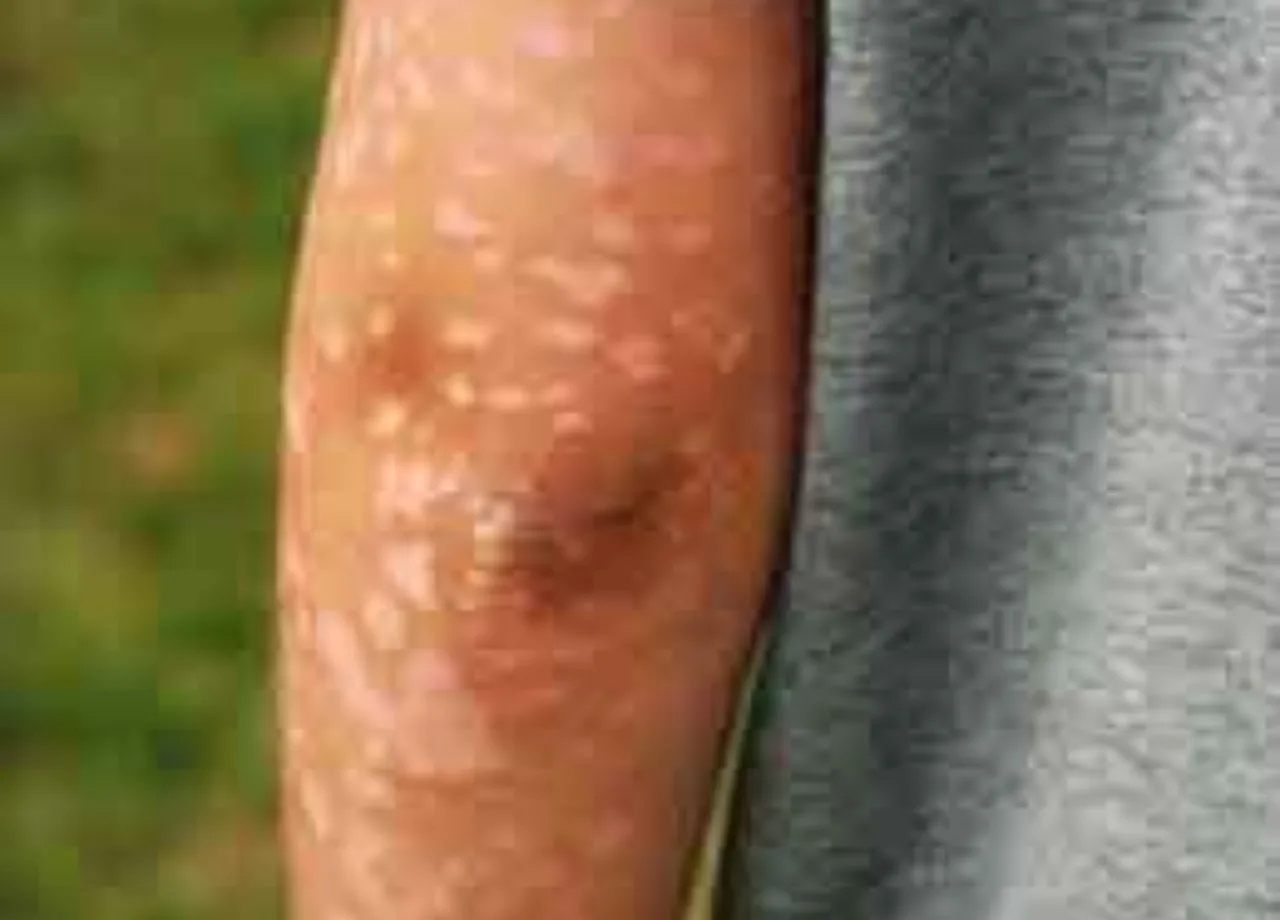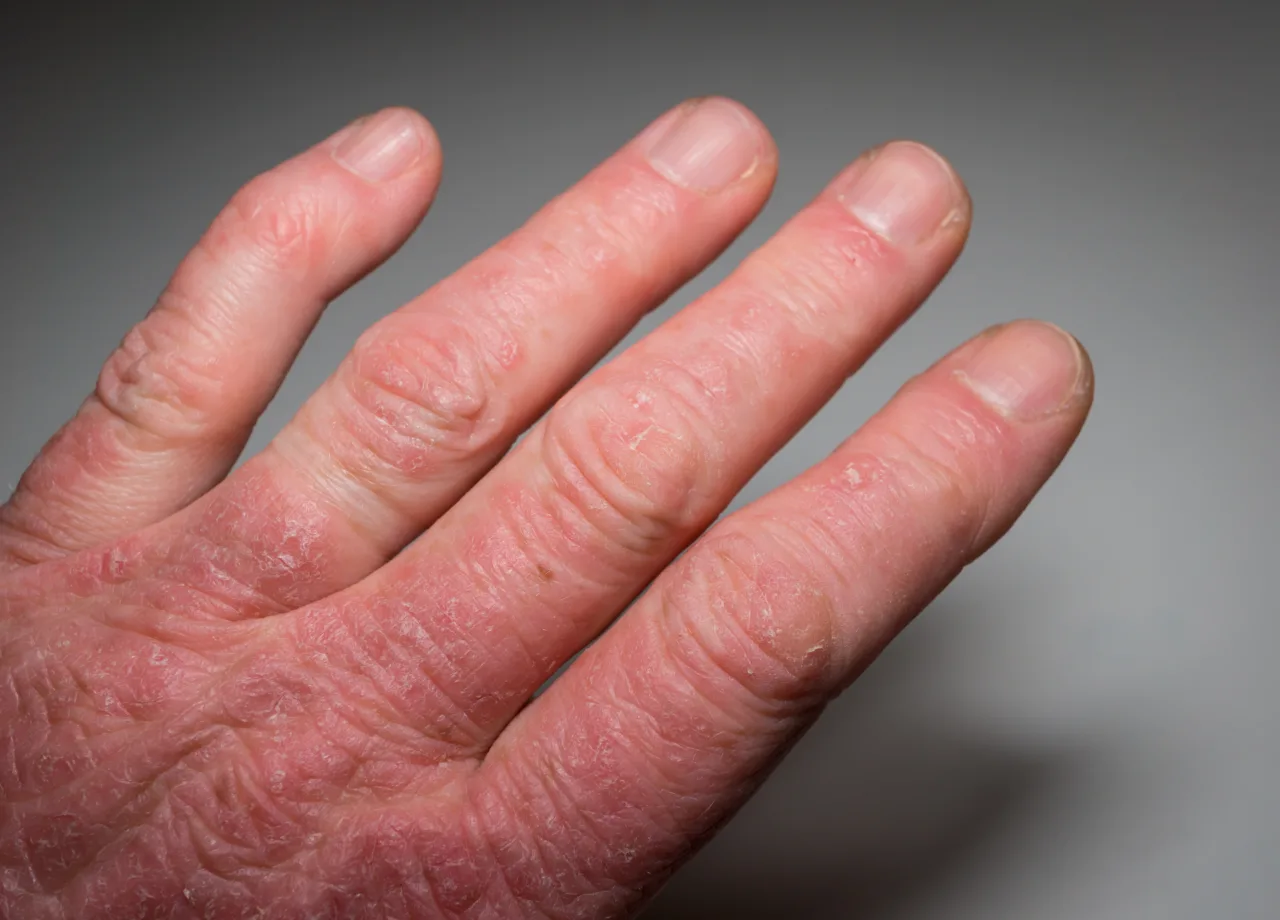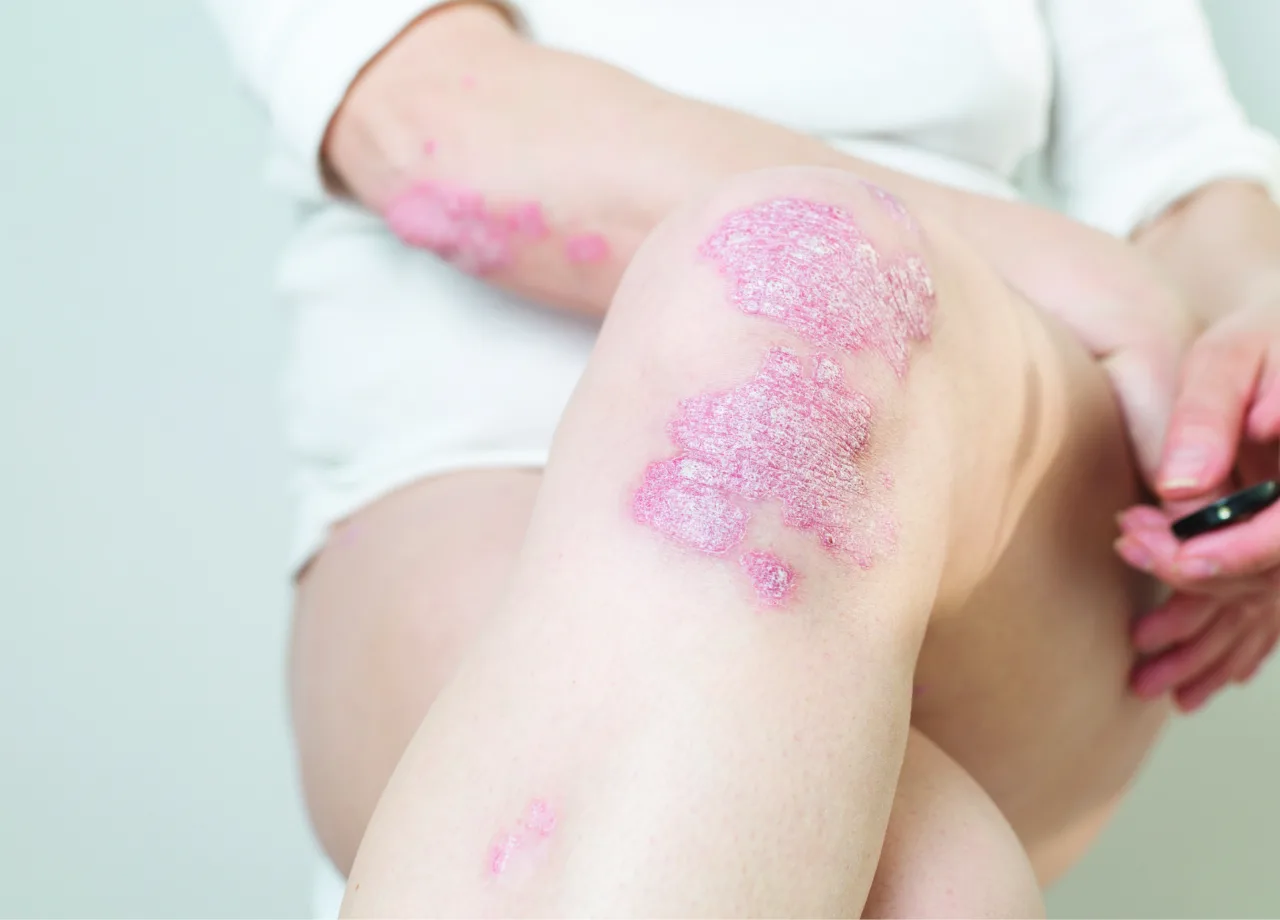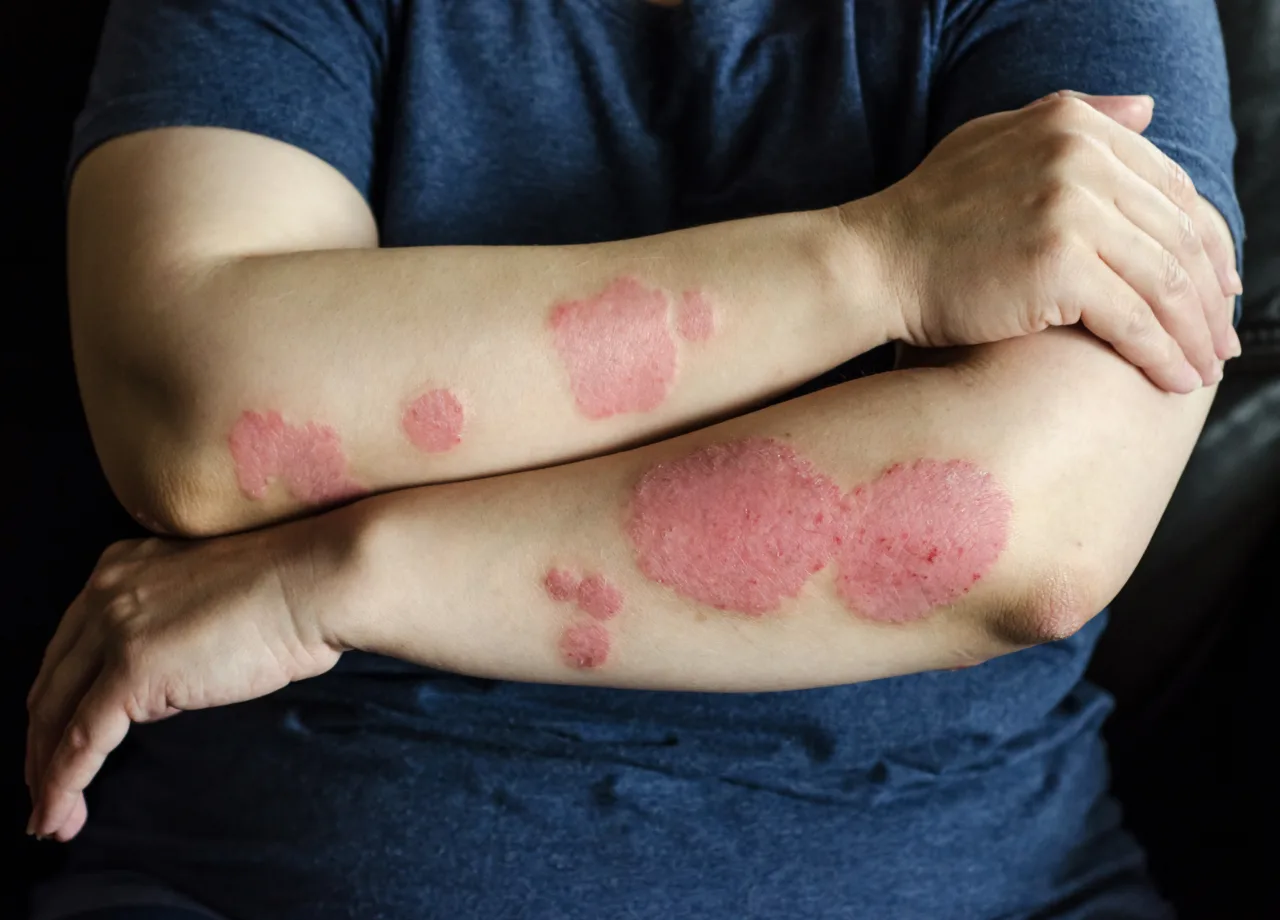What is Psoriatic Disease?
You may have heard of psoriasis on the skin or arthritis in the joints, but do you really know what psoriatic disease is?
Psoriatic disease is a systemic condition affecting multiple body sites, predominately the skin, the joints, or both. Psoriatic disease is:
- Chronic: Psoriatic disease cannot be cured, and the disease can periodically relapse.
- Noncommunicable: Psoriatic disease is not contagious.
- Painful: Chronic inflammation leads to pain, especially joint and back pain.
- Disfiguring: Psoriatic disease, especially in its severe forms, can cause permanent disfigurement.
- Disabling: If left untreated or if treated inadequately, the chronic joint inflammation can lead to permanent disability.
- Inflammatory: Psoriatic disease is an immune-mediated disease where chronic inflammation causes damage in multiple body sites and may contribute to depression.
Skin and joint symptoms are different manifestations of the same disease. They may manifest independently. A third of people with skin manifestations of psoriatic disease (psoriasis) will develop a type of inflammatory arthritis affecting joints and tendons (psoriatic arthritis). In some people, joint symptoms develop before the skin lesions.
In addition to skin and joint symptoms, psoriatic disease is characterized by increased risk of developing related noncommunicable diseases. The most common comorbidities are obesity, hypertension, dyslipidemia, diabetes (collectively referred to as metabolic syndrome), cardiovascular disease, and inflammatory bowel disease. Moreover, psoriatic disease has a major impact on mental health and quality of life.





